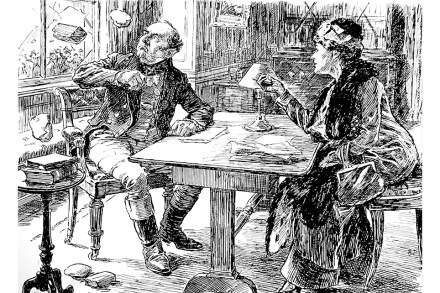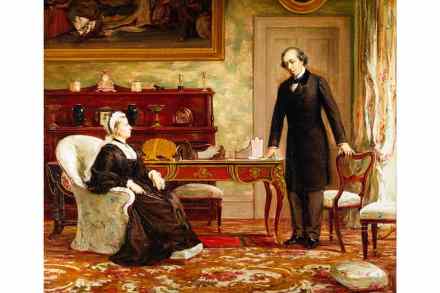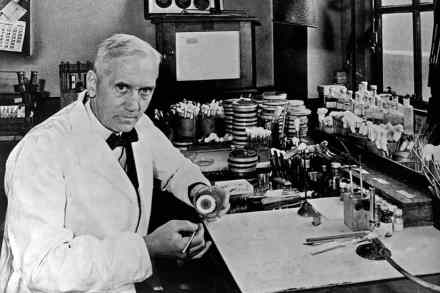A.C. Benson enters the pantheon of great English diarists
All great diarists have something intensely silly about them: Boswell’s and Pepys’s periodic bursts of lechery and panic; Chips Channon’s unrealistic dreams of political greatness leavened with breathless excitement over royal dukes and handsome boys; Alan Clark’s fits of romantic, almost Jacobite, dreaming; James Lees-Milne’s absurd flights of rage. I dare say the mania that drove the Duc de Saint-Simon in his demented campaign against Louis XIV’s attempts to create a place in court hierarchy for his bastards seemed ridiculous to his more sober contemporaries. Often the silliness comes from a mad overestimation of the writer’s ability. There is no more fascinating diary than Benjamin Haydon’s. He was an indifferent





